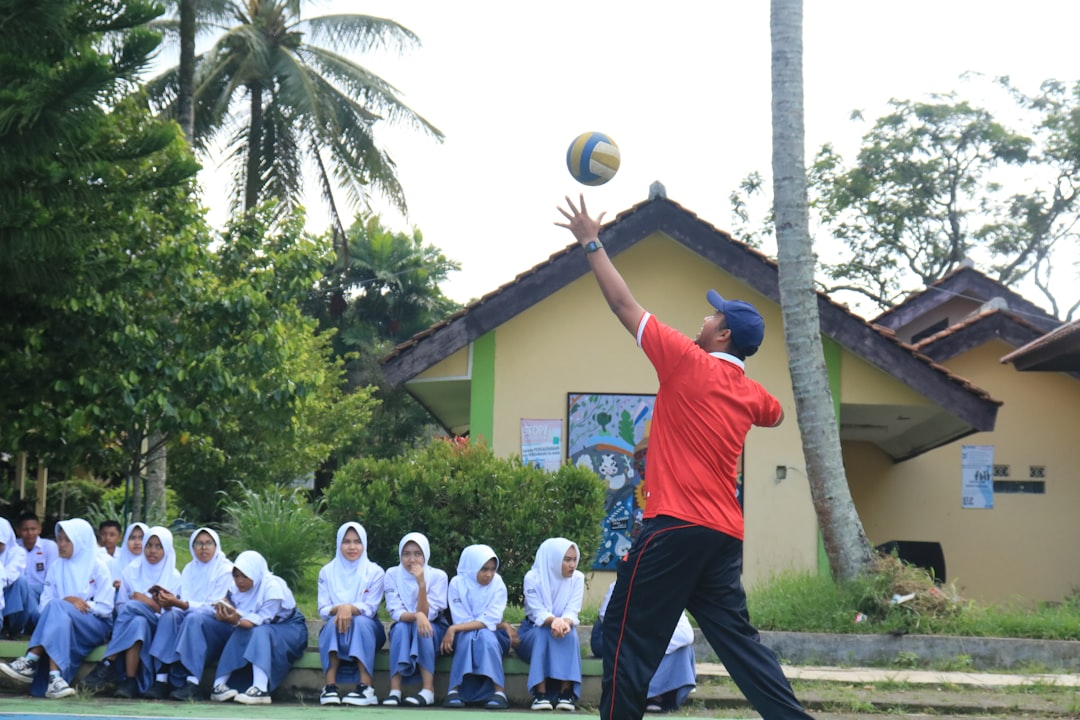When it comes to college athletics in the United States, many student-athletes and their families are drawn to the dream of combining higher education with competitive sports. Scholarships often play a crucial role in this dream by making college more affordable. While Division I and Division II schools are well-known for offering athletic scholarships, there is often confusion about whether Division III (D3) colleges can do the same. In this article, we’ll break down the rules, myths, and realities surrounding D3 colleges and athletic scholarships.
Understanding the NCAA and Division III Classification
To begin, it’s essential to understand the structure of the National Collegiate Athletic Association (NCAA), the primary governing body for college sports in the U.S. The NCAA consists of three divisions:
- Division I: The most competitive, offering substantial athletic scholarships and resources.
- Division II: Competitive but slightly less intense than Division I. These schools also offer athletic scholarships.
- Division III: Focuses heavily on the overall college experience, prioritizing academics over athletics.
With over 400 colleges and universities, Division III is the largest in terms of the number of schools. However, what stands out most about D3 institutions is their approach to student-athletics: no athletic scholarships are awarded.
Why Can’t D3 Colleges Offer Sports Scholarships?
Division III schools follow specific guidelines set by the NCAA. One key rule is:
Division III institutions are not allowed to award financial aid, scholarships, or grants based on athletic ability.
This restriction reinforces the division’s philosophy of integrating athletics into the educational experience. At D3 colleges, sports are considered an extracurricular activity rather than a revenue-generating program, and athletes are treated just like any other student.
But How Do Athletes Afford D3 Colleges?
Although D3 schools can’t give out athletic-based aid, they often offer generous financial aid packages based on other factors such as:
- Academic performance
- Financial need
- Leadership skills
- Community service
So while a student-athlete won’t receive money specifically for their athletic talents, it’s not uncommon for them to receive substantial aid through these other avenues. In some cases, the total package might rival what an athletic scholarship could provide elsewhere.

The Hidden Ways Athletics Can Boost Financial Aid
Even though D3 schools can’t offer sports scholarships directly, coaches often play a significant role in the admissions and financial aid processes. Here’s how:
- Admissions Support: Coaches can advocate for athletes during the admissions review, potentially helping borderline students gain acceptance.
- Financial Aid Assessment: While coaches don’t decide scholarship amounts, they may guide students toward institutional aid such as merit scholarships and grants.
This collaborative approach means that an athlete might still receive a competitive financial aid package without it being labeled as an “athletic scholarship.”
Benefits of Playing D3 Sports
While the absence of athletic scholarships might seem like a drawback, opting to play sports at a Division III school offers a unique set of advantages:
- Academic Focus: Schools emphasize education, helping students maintain a healthy balance between academics and athletics.
- Multi-Sport Opportunities: D3 athletes can often participate in more than one sport, which is rare at the Division I level.
- Less Pressure: Without the expectation of performing for scholarship retention, there’s usually less stress involved, allowing for a more enjoyable collegiate athletic experience.
- Leadership Development: With more student-focused teams, athletes can take on leadership roles, enhancing their resumes for future careers.

Real Examples of D3 Schools Offering Substantial Aid
Several prestigious D3 institutions provide excellent financial support. Here are a few examples:
- Amherst College: Offers need-based financial aid that meets 100% of demonstrated need without loans.
- Williams College: Known for strong academic and athletic programs, and offers generous grants based on family income and need.
- Johns Hopkins University: Though better known for academics and research, they have solid D3 athletic programs and robust financial aid.
In these cases, the aid received may look similar to an athletic scholarship but is officially categorized under other forms of financial assistance, such as need or merit-based aid.
How to Get Recruited to a D3 Program
Even though there are no athletic scholarships to negotiate, D3 recruiting is still competitive. Here’s a roadmap for student-athletes interested in D3 colleges:
1. Research and Narrow Down Choices
Look for schools that match both your academic interests and athletic skill level.
2. Make Contact with Coaches
Send personalized emails, highlight videos, and academic transcripts to coaches to express interest and demonstrate your fit for their program.
3. Attend Recruiting Events
Many D3 programs scout players at camps, high school games, and showcases. These events are great opportunities to be seen and evaluated.
4. Complete the FAFSA and CSS Profile
Financial aid starts with these forms. Make sure to submit them on time to be eligible for the maximum amount of aid.
5. Apply for Merit Scholarships
Many D3 schools have separate applications or requirements for merit-based awards, such as GPA, test scores, or essays.
Debunking Common Myths
Let’s clear up some common misconceptions about D3 colleges and athletic aid:
- Myth: “D3 schools don’t care about sports.”
Reality: D3 athletes are highly competitive, and many schools take great pride in their athletic programs. - Myth: “No scholarship means it’s more expensive to attend D3.”
Reality: Many D3 institutions offer enough financial aid to make attendance more affordable than schools offering athletic scholarships. - Myth: “There’s no future in D3 athletics.”
Reality: Plenty of D3 athletes go on to play professionally, especially in sports like soccer, baseball, or even in the Olympic Games.
Final Thoughts
To answer the question: Can Division III colleges give sports scholarships? The official answer is no. However, that doesn’t mean that student-athletes can’t attend D3 schools affordably or that their athletic talents go unsupported.
Instead, D3 schools offer numerous opportunities for both academic and need-based financial aid. For many student-athletes, a D3 experience can provide the perfect blend of strong academics, competitive athletics, and a well-rounded college life.
Ultimately, the key is to do your homework, understand what D3 offers, and pursue schools that align with both your athletic and educational goals.
While D3 may not include athletic scholarships in the traditional sense, it delivers value in many other forms—making it an option well worth considering.